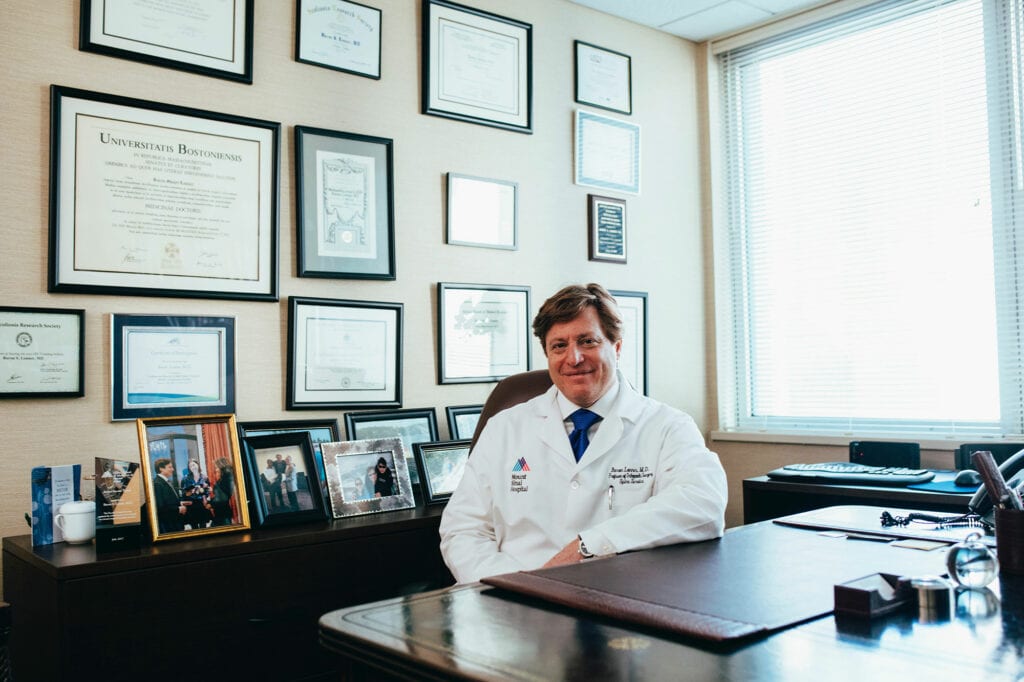Today, 40% of GPs have said that they see patients regularly, just because they are lonely. Over 9 million people in the UK – almost a fifth of the population – say they are always or often lonely, but almost two thirds feel uncomfortable admitting to it (British Red Cross and Co-Op, 2016).
With over half (51%) of all people aged 75 and over living alone (ONS, 2010), Christmas can be an even lonelier time than usual for people experiencing loneliness.
According to The Campaign to End Loneliness, loneliness is a bigger problem than simply an emotional experience, Research shows that loneliness and social isolation are harmful to our health: lacking social connections is a comparable risk factor for early death as smoking 15 cigarettes a day, and is worse for us than well-known risk factors such as obesity and physical inactivity and loneliness increases the likelihood of mortality by 26%.
GP leaders said young patients as well as older ones were becoming increasingly vulnerable to loneliness and said the recruitment of more social prescribers by the NHS would help to alleviate problems.
Talking of the survery that unearthed these statistics, BMA GP Committee chair Dr Richard Vautrey said: ‘It’s not uncommon, as this survey shows, for GPs to see patients because they are lonely as this can have a big impact on their physical and mental health and their overall sense of wellbeing. It’s something that can affect people of all ages, and with the rise of social media, younger patients are just as susceptible.
‘There often isn’t an easy solution for these situations, which is why GPs will increasingly link patients with social prescribers – recommending patients join a community group, take up a new hobby, or meet likeminded people; something to help them regain a sense of purpose and in turn, improve their mental and physical wellbeing.’
He added: ‘We now have social prescribers in England to help connect people to local initiatives and reduce pressures on the health service, but it’s vital that these groups, clubs, and classes, which are often dependent on local government funding, continue to receive the support they need for this scheme to have a long-term impact.’








